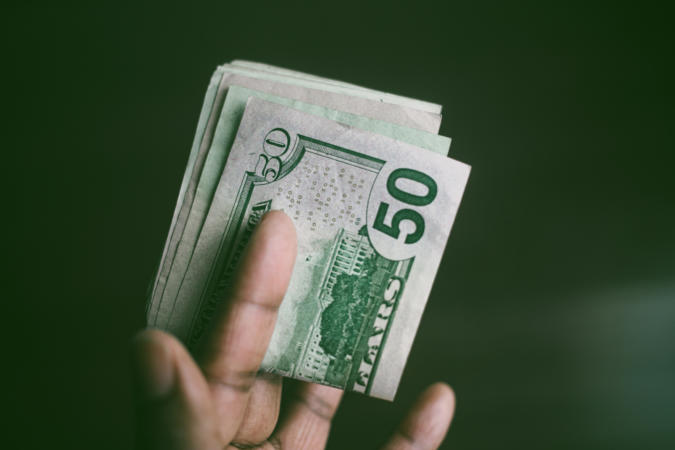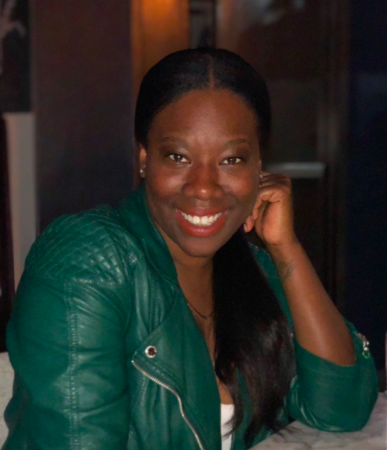Economic solidarity within the Black community has always been touted as the answer to our liberation. Alongside banking Black and buying Black, today’s social media campaign, Blackout Day 2020, is another movement that aims to fight against economic injustice.
Created by Calvin Martyr, founder of the Blackout Coalition, Blackout Day 2020 is a call for Black people to boycott spending their money for a full 24 hours in order to show the impact of our spending power. In the event that making a purchase is unavoidable—gas, toilet paper, groceries, etc.—supporters are urged to buy from a Black-owned business.
“We need economic solidarity in America amongst all black people unequivocally,” the main Blackout Day site reads. “In order to break free from the chains of financial servility, we will organize days, weeks, months, and years if necessary when not one black person in America will spend a dollar outside of our community.”
However, anti-capitalists have argued to replace, not reform, the system altogether. In a 2014 Los Angeles Times column, activist Angela Davis famously said that “capitalism is the most dangerous kind of future we can imagine.”
So can capitalism really save us?
In “Black Capitalism Won’t Save Us,” author Aaron Ross Coleman details that celebrities and public figures have heavily vocalized their support for entrepreneurship and consumerism as the way upward for Blacks. The rhetoric particularly follows a tragedy in Black culture, especially after the death of serial entrepreneur and prolific artist Nipsey Hussle.
“Yet Jay-Z wasn’t the only public figure mining the rapper’s death for free-market talking points,” Coleman writes. “Senator Cory Booker resurrected Nipsey’s mission to ‘buy back the block.’ Issa Rae emphasized the importance to ‘own in our communities.'”
In light of the current uprisings for racial justice, Blacks are once again relying on economic unity to advance efforts toward equity, including narrowing the wealth gap.
So operating within the system only limits real economic equity?
Black capitalism seemingly operates outside of the larger, systemically racist system, but in reality, a program in the late ’60s created by President Nixon corrupted the idea of Black self-sufficiency.
“They came up with a program—’Black capitalism,’ they called it—that they argued would promote black businesses and the creation of a thriving Black economy, via policies such as affirmative-action requirements for private government contractors, bank-deposit transfers to Black-owned institutions, and financial support for minority-owned businesses,” Gillian B. White writes in “The Unfulfilled Promise of Black Capitalism,” referencing Mehrsa Baradaran’s book, “The Color of Money: Black Banks and the Racial Wealth Gap.”
“These efforts were more a way to mollify Black activists and assure white voters that racial tension and upheaval would soon end than they were an actual effort to erase racial economic inequality,” White said.
To reach the type of social and political power via economic independence, Black businesses must rely on the very system that oppresses financial liberation. We see this today amid the current pandemic. Several Black businesses have shuttered without access to loans and other government assistance needed to thrive.
So should I buy and bank Black?
To decide whether the efforts of Black capitalism are futile is up to the consumer ultimately. History shows that investing in our own communities can, in fact, result in bustling, self-sufficient communities, despite the white fear and supremacy that continues to destroy them (read: Tulsa’s Black Wall Street massacre).
Though we cannot solely lean on Black commerce to free our people, for now, and for some, it’s a start.


